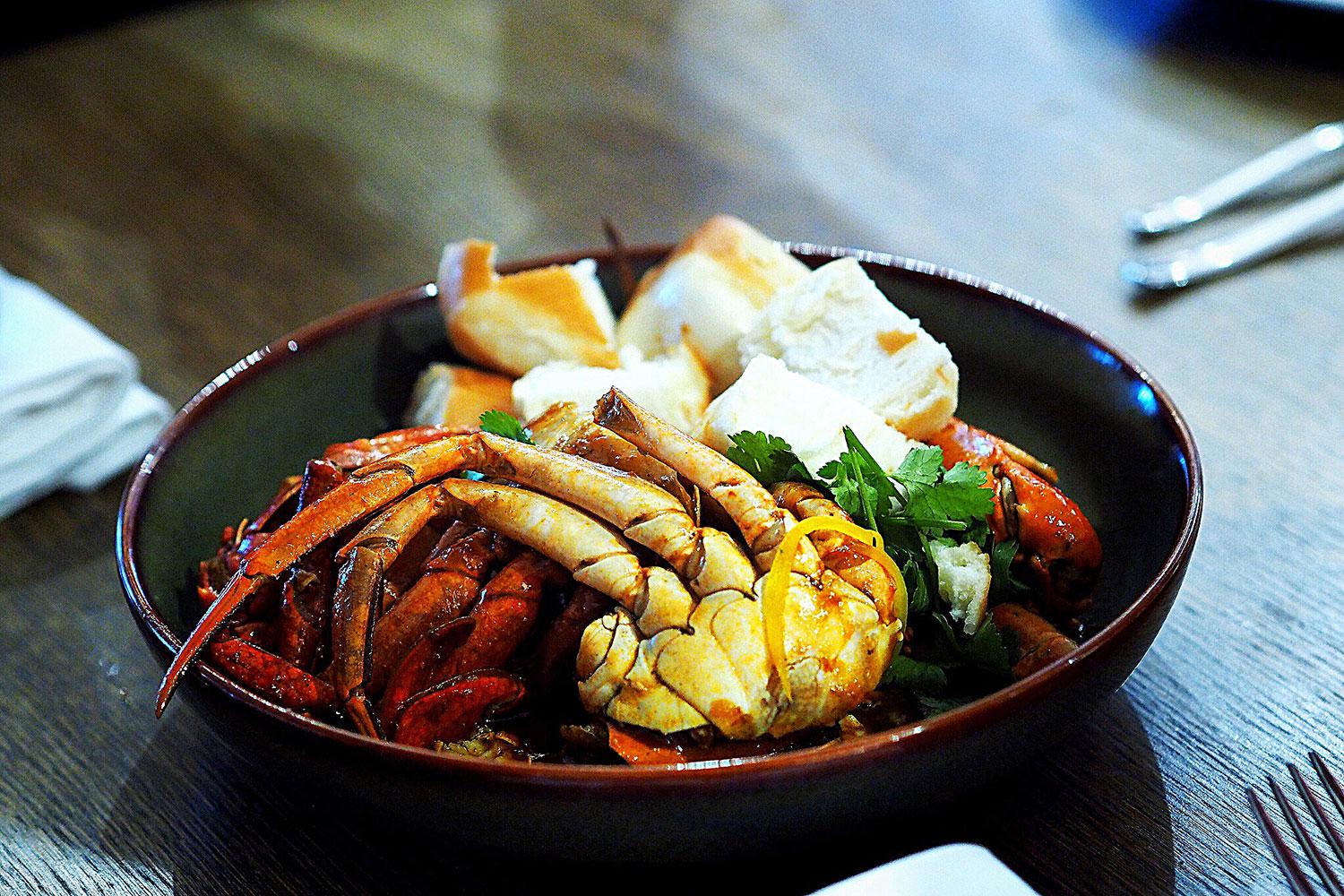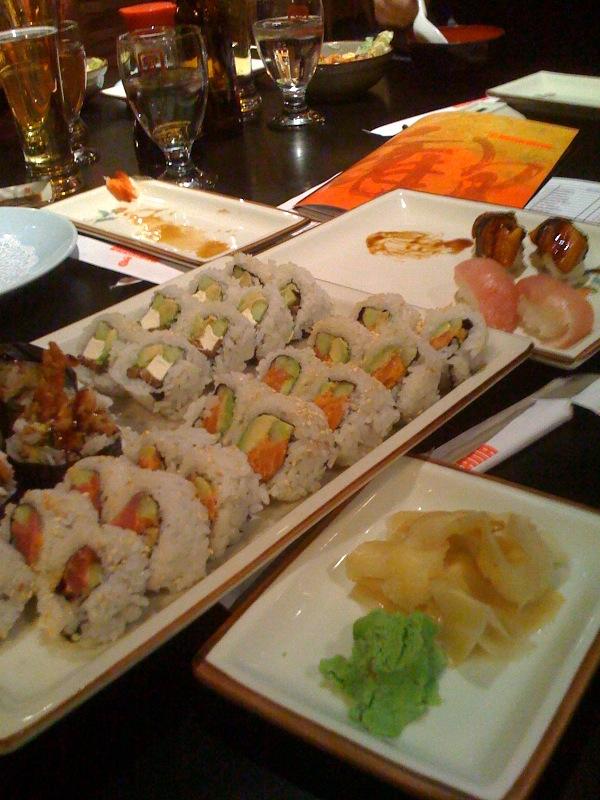In the bustling culinary landscape of Singapore, where gastronomic diversity is celebrated and food is an integral part of cultural identity, the concept of the all-you-can-eat buffet stands as both a tantalizing indulgence and a contentious ethical conundrum. As diners revel in the freedom to sample an endless array of dishes, from steaming dim sum to succulent satay, the buffet experience offers a unique sense of abundance. Yet, beneath the surface of this culinary cornucopia lies a complex web of ethical considerations that beckon examination. In a city-state renowned for its food culture and commitment to sustainability, the all-you-can-eat buffet prompts questions about waste, consumption, and responsibility. This article delves into the ethical dimensions of this popular dining model in Singapore, exploring how it aligns—or conflicts—with the nation’s values and environmental aspirations. As we navigate the delicious yet delicate terrain of buffet ethics, we seek to uncover whether indulgence and integrity can coexist harmoniously on the plate.
Balancing Indulgence and Sustainability in Singapores Buffet Culture
In Singapore, the allure of buffet dining presents a tantalizing juxtaposition of lavishness and environmental mindfulness. As diners revel in the abundance of culinary choices, there lies an opportunity to reshape consumption patterns towards a more sustainable model. Balancing indulgence with eco-conscious practices is not just a trend but a necessary evolution in the buffet landscape.
To champion sustainability, buffet establishments can adopt several innovative approaches:
- Sourcing locally: Prioritizing local ingredients reduces carbon footprints and supports local farmers.
- Portion control: Encouraging smaller servings can minimize food waste while allowing diners to savor a wider variety of dishes.
- Eco-friendly practices: Utilizing biodegradable utensils and reducing single-use plastics contribute to a greener dining experience.
Ultimately, the goal is to create a dining culture that celebrates abundance without compromising the planet’s well-being. This harmonious balance can redefine Singapore’s buffet scene, paving the way for a future where indulgence and sustainability coexist beautifully.

Exploring the Environmental Impact of All-You-Can-Eat Practices
In the bustling culinary scene of Singapore, the all-you-can-eat buffet is a beloved indulgence. However, the environmental cost of these feasts is often overlooked. Food waste is a significant concern, as diners frequently overestimate their appetites, leading to excess food being discarded. This not only squanders the resources used in food production but also contributes to landfill waste. Additionally, the energy consumption involved in maintaining the lavish displays and keeping food at optimal temperatures adds another layer to the environmental footprint.
Beyond waste, the sourcing of ingredients for these buffets often lacks sustainability. Many establishments prioritize variety and abundance, sometimes at the expense of responsible sourcing. This can include the overfishing of seafood or the import of out-of-season produce, which can have adverse effects on local ecosystems. To mitigate these impacts, buffet operators can consider adopting more eco-friendly practices, such as:
- Partnering with local farmers and fisheries to reduce the carbon footprint associated with transportation.
- Implementing smaller portion sizes to minimize waste while still offering variety.
- Utilizing energy-efficient appliances and sustainable materials in buffet setups.
By reevaluating these practices, the industry can move towards a more sustainable future without compromising the enjoyment of diners.

Cultural Significance and Ethical Dilemmas of Unlimited Dining
The concept of all-you-can-eat buffets holds a unique place in Singapore’s vibrant culinary landscape. These buffets are more than just a dining option; they are a reflection of Singapore’s multicultural tapestry and its penchant for abundance. With a plethora of cuisines laid out in an endless spread, they symbolize the city’s diverse cultural influences—from Chinese dim sum and Indian curries to Malay satays and Western roasts. Buffets are not merely about indulgence; they serve as a social space where families and friends gather to celebrate, exchange stories, and forge connections over a shared love of food.
However, this cultural phenomenon is not without its ethical challenges. Food wastage emerges as a significant concern, with mountains of uneaten dishes often discarded at the end of a dining session. In a world grappling with food scarcity, the moral implications of such waste cannot be ignored. Furthermore, the practice of overconsumption raises questions about health and sustainability, encouraging a mindset that prioritizes quantity over quality. Critics argue that these buffets can perpetuate a culture of excess, detracting from the mindful appreciation of food. As such, diners and restaurateurs alike face a delicate balancing act—enjoying the culinary bounty while remaining conscious of their environmental and social responsibilities.

Recommendations for a More Ethical Buffet Experience in Singapore
- Mindful Portioning: One of the simplest ways to practice ethics at a buffet is by taking smaller portions initially. This approach not only reduces food wastage but also allows you to savor a variety of dishes without overindulging. Remember, you can always go back for more if you’re still hungry!
- Respect for Others: Be considerate of fellow diners by avoiding the temptation to pile your plate high with popular items. Buffets are a communal experience, and ensuring that everyone gets a chance to enjoy their favorite dishes fosters a more harmonious dining environment.
- Embrace Sustainability: Opt for buffets that prioritize sustainability by sourcing local ingredients and minimizing plastic use. Supporting venues that implement eco-friendly practices can significantly impact the environmental footprint of your dining experience.
The Conclusion
As the aroma of sizzling dishes wafts through the vibrant tapestry of Singapore’s all-you-can-eat buffets, we find ourselves at the crossroads of indulgence and introspection. These culinary havens, with their promises of abundance, invite us to partake in a feast that transcends mere sustenance. Yet, beneath the glistening surface of endless plates, lies a complex web of ethical considerations that challenge our perceptions of consumption and community.
In navigating the intricate dance between desire and responsibility, we are reminded that every choice carries weight beyond the table. The ethics of these buffets compel us to ponder the delicate balance between satiating our appetites and preserving the integrity of our environment, the dignity of labor, and the cultural tapestry that binds us.
As we lay down our forks and take a step back, perhaps the ultimate takeaway is not just the satisfaction of a full belly, but the mindful reflection on how our individual actions ripple through the broader ecosystem. In a city that thrives on diversity and innovation, the conversation around all-you-can-eat buffets becomes a microcosm of larger ethical dialogues, inviting us to savor not just the flavors, but the shared responsibility of a sustainable future.
With this, we conclude our exploration, leaving you with a plateful of thoughts to digest and a lingering question: How will you choose to partake in the buffet of life?




